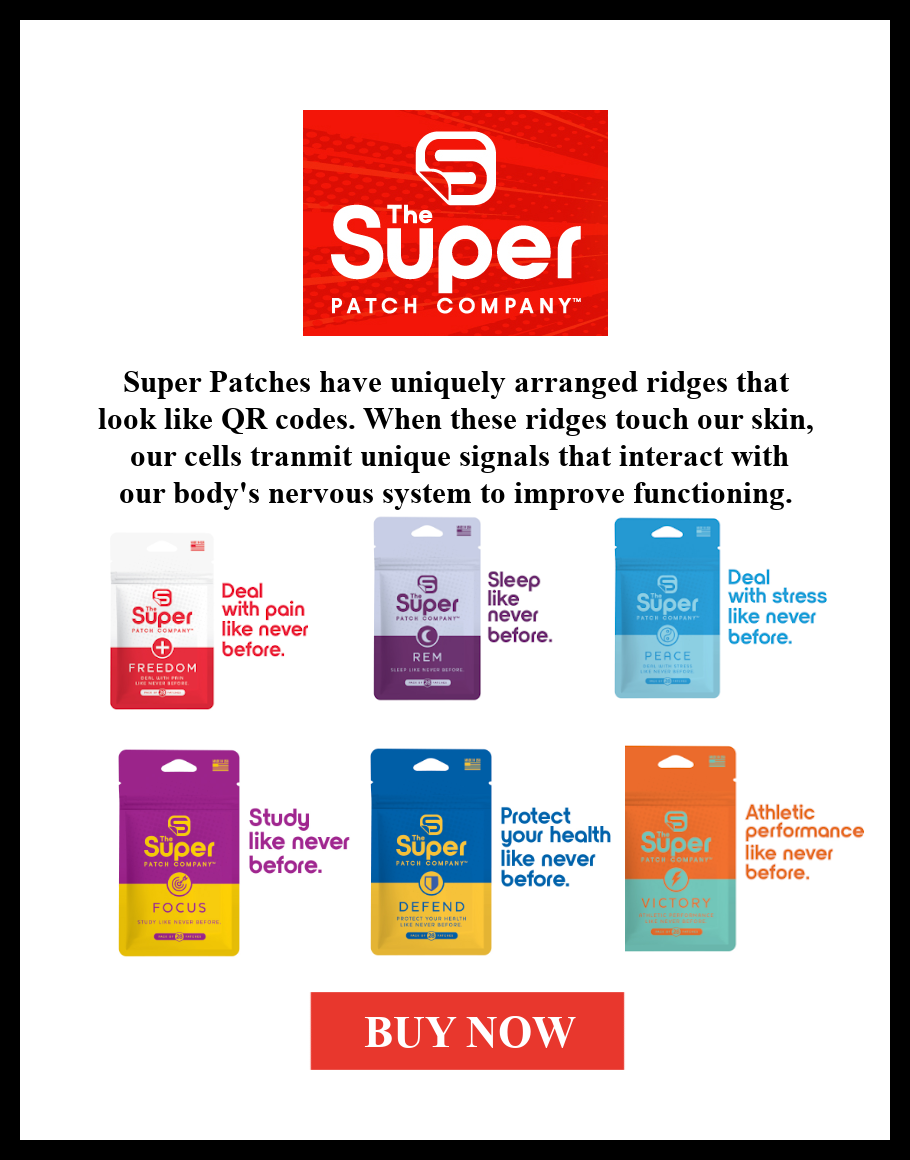
Recent research has shown that vitamin D, or lack of it, plays an extremely important role in the development of chronic pain. Vitamin D also plays an important role in preventing cardiovascular disease, osteoporosis, cognitive impairment in older adults, cancer, diabetes, multiple sclerosis and vulnerability to infections, including the upper respiratory infections that are so prevalent right now. Vitamin D deficiency has also been linked to depression and a higher risk of mortality from all causes.
Extremely concerning is the fact that a significant proportion of people in the United States and globally are deficient in vitamin D. There is some disagreement in the medical community about what constitutes an adequate level of vitamin D. Levels of the vitamin can be measured with a simple blood test. Levels below 20 ng/mL (50 nmol/L) are generally considered deficient in conventional medicine. Others have defined deficiency as below 32 ng/mL, with the optimum range 50 to 70 ng/mL.
A study that looked at U.S. population data from 2011 to 2012 using the more conservative20 ng/ml definition of deficiency found that 40% of Americans were vitamin D deficient, with higher rates of deficiency among African-Americans and Hispanics.[2] Other studies have shown decreasing vitamin D levels with age.[3]
Vitamin D Deficiency and Pain
Studies in adults have shown that an inadequate level of vitamin D is associated with many types of pain including:[6],[7]
- Musculoskeletal pain
- Multiple sclerosis
- Physical functional impairment
- Nonspecific bone and joint pain
- Muscle weakness
- Fibromyalgia
- Osteoarthritis
- Rheumatoid disorders
- Headaches
- Neuropathic pain
A study at the University of Minnesota of people with nonspecific musculoskeletal pain (pain without evidence of injury, disease, or anatomical or neurological defect) found that 93% of participants were deficient in vitamin D.[4] Another study, this one including participants with nonspecific musculoskeletal pain from diverse age groups and ethnicities, found that 100% of African Americans, Hispanics, and Native Americans were vitamin D deficient. All subjects younger than 30 were also deficient, with 55% severely so and five patients so deficient that their vitamin D levels were undetectable.[5]
Many studies have documented a reduction in pain when vitamin D supplements have been given to people in chronic pain. An article published in Archives of Internal Medicine reported that five patients who had chronic pain and low vitamin D levels had resolution of their pain in five to seven days after they were given vitamin D2 supplements. These patients had been hypersensitive to pain stimuli, and the pain did not improve with the use of any pain medications, including opioids and tricyclic antidepressants. One of the patients had a decline in vitamin D level and a return of pain after several months; the pain was again resolved with vitamin D supplementation.[8]
A randomized controlled trial in the Netherlands of vitamin D3 supplementation of nonspecific musculoskeletal pain in non-Western (Arab and African) immigrants found that patients receiving a single dose of 150,000 IU of vitamin D3 were more likely, after six weeks, to report pain relief and an improvement in ability to climb stairs than those in the placebo group. Those receiving a second dose of vitamin D3 at six weeks were more likely to report improvements than the group that didn’t receive a second dose.[9]
A randomized controlled study of patients with knee pain and vitamin D ideficiency, who received either vitamin D supplementation or a placebo for a year, found that the treatment group experienced significantly less pain and better knee function than the placebo group.[10] U.S. veterans with multiple areas of chronic pain and low vitamin D levels who were given vitamin D supplementation had less pain, better sleep, and better quality of life.[11]
A small study of women with diabetes who had neuropathic pain, tingling, and numbness found that six months of weekly vitamin D2 supplementation reduced pain and depression.[12]
A literature review published in the journal Nutrients in 2022 concluded that supplementation of Vitamin D could play a role in reducing pain associated with fibromyalgia and chronic musculoskeletal pain.
How to Get Adequate Amounts of Vitamin D
Vitamin D is produced naturally in the body when the skin is exposed to ultraviolet rays from sunlight. Using sunscreen blocks the body’s ability to produce vitamin D. People with dark skin synthesize 99% less vitamin D because melanin, the substance responsible for dark skin pigmentation, absorbs the UVB rays. Our bodies also become less able to synthesize vitamin D as we age. People living in the northern United States, where the sun is less direct and winters are longer, are also less likely to synthesize enough of the vitamin.[15]
Many drugs also block the synthesis of vitamin D or reduce absorption, including:
- some antacids
- barbiturates
- anticonvulsants
- antirejection drugs
- antiviral drugs
- nicotine
- blood thinners
- cholesterol-lowering medication
- steroids[16]
Food sources of this critical vitamin include fortified milk, egg yolk, cod liver oil, oysters, fatty fish, fortified soy milk, and fortified cereal.[17] These foods, however, are rarely consumed in sufficient quantities to maintain vitamin D at optimum levels. For instance, to obtain a target dose of 4000 to 8000 IU of vitamin D a day, a person would need to consume ¼ cup of cod-liver oil daily or 18 to 36 capsules.[18] Fortunately, vitamin D is inexpensive and readily available in supplement form. Vitamin D3, the natural form of vitamin D, is absorbed more readily than the synthetic form, vitamin D2.[19], [20]
Find Providers Who Treat Pain With Nutrition
An article in the journal Nutrients recommended taking 10,000 IU daily for a month and then 5000 IU daily after that.[21] Another recent review suggested using vitamin D loading doses of 200,000–300,000 IU in 50,000-IU capsules to reduce the risk and severity of COVID-19.[22]
A 2011 editorial in the Scandinavian Journal of Primary Health Care stated that vitamin D supplementation in patients with chronic pain seems reasonable, as the treatment is cheap and relatively safe, and evidence indicates that vitamin D supplementation has overall positive effects on health. The editorial recommended a daily dose of 2000 IU for chronic pain patients.[23]
Others have documented a vitamin D requirement of 4000 to 8000 IU daily, or 35 IU per pound of body weight.[24] A more individualized approach, based on testing of vitamin D levels along with follow-up testing to determine the level of supplementation needed to maintain adequate blood serum levels, would probably yield the most effective results.
Dr. Joseph Mercola, a well-known holistic physician, recommends also supplementing with vitamin K2 if you are taking vitamin D supplements. Vitamin K2 helps keep calcium where it belongs in the body. The only known toxicity from excessive vitamin D intake is related to excessive calcium in the bloodstream.[25]
Recommended Product:
The Life Extension Company makes high quality products and is always in the forefront of utilizing scientific research to improve their products.
Conclusion
Vitamin D deficiency is extremely common and increases the risk of widespread pain and multiple other serious health conditions as well as mortality from all causes. It is easily treatable with increased sun exposure and/or supplementation.
Related Articles
Dolly Suffered for Decades Until an MD Did This
Vitamin D Deficiency Increases Risk of Opioid Addiction and Worsens Withdrawal Symptoms
Shocking US Preventive Services Task Force Position on Vitamin D
Home Treatment of Chronic Pain
Other Recommended Products for Pain Relief
See All of Our Recommended Pain Relief Products














Comments